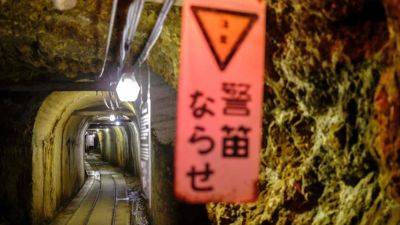Japan top court orders government to pay damages over forced sterilisation
Japan’s top court ruled on Wednesday that a defunct eugenics law under which thousands of people were forcibly sterilised between 1948 and 1996 was unconstitutional.
The Supreme Court also declared that a 20-year statute of limitations could not be applied, paving the way for compensation claims from victims after years of legal battles.
“For the state to evade responsibility for damages payments would be extremely unfair and unjust, and absolutely intolerable,” the court in Tokyo said.
Japan’s government acknowledges that around 16,500 people were forcibly sterilised under the law that aimed to “prevent the generation of poor quality descendants”.
An additional 8,500 people were sterilised with their consent, although lawyers say even those cases were likely “de facto forced” because of the pressure individuals faced.
A 1953 government notice said physical restraint, anaesthesia and even “deception” could be used for the operations.
“There are people who couldn’t be here today. There are those who died as well. I want to visit the grave of my parents and tell them we’ve won,” victim Saburo Kita, who uses a pseudonym, told reporters after the ruling.
Kita was convinced to undergo a vasectomy when he was 14 at a facility housing troubled children. He only told his wife what had happened shortly before she died in 2013.
“But a complete resolution of this issue hasn’t been realised yet. Together with lawyers, I will continue to fight,” said Kita, one of several victims who celebrated outside the court, some in wheelchairs. The number of operations in Japan slowed to a trickle in the 1980s and 1990s before the law was scrapped in 1996.
That dark history was thrust back under the spotlight in 2018 when a woman in her 60s sued the







